Jason Goodwin: Is the answer to finding faith really as simple as "fake it 'til you make it"?
The ancient Ottomans knew the power of repetition to shape the minds of others — something that Jason Good has discovered for himself.
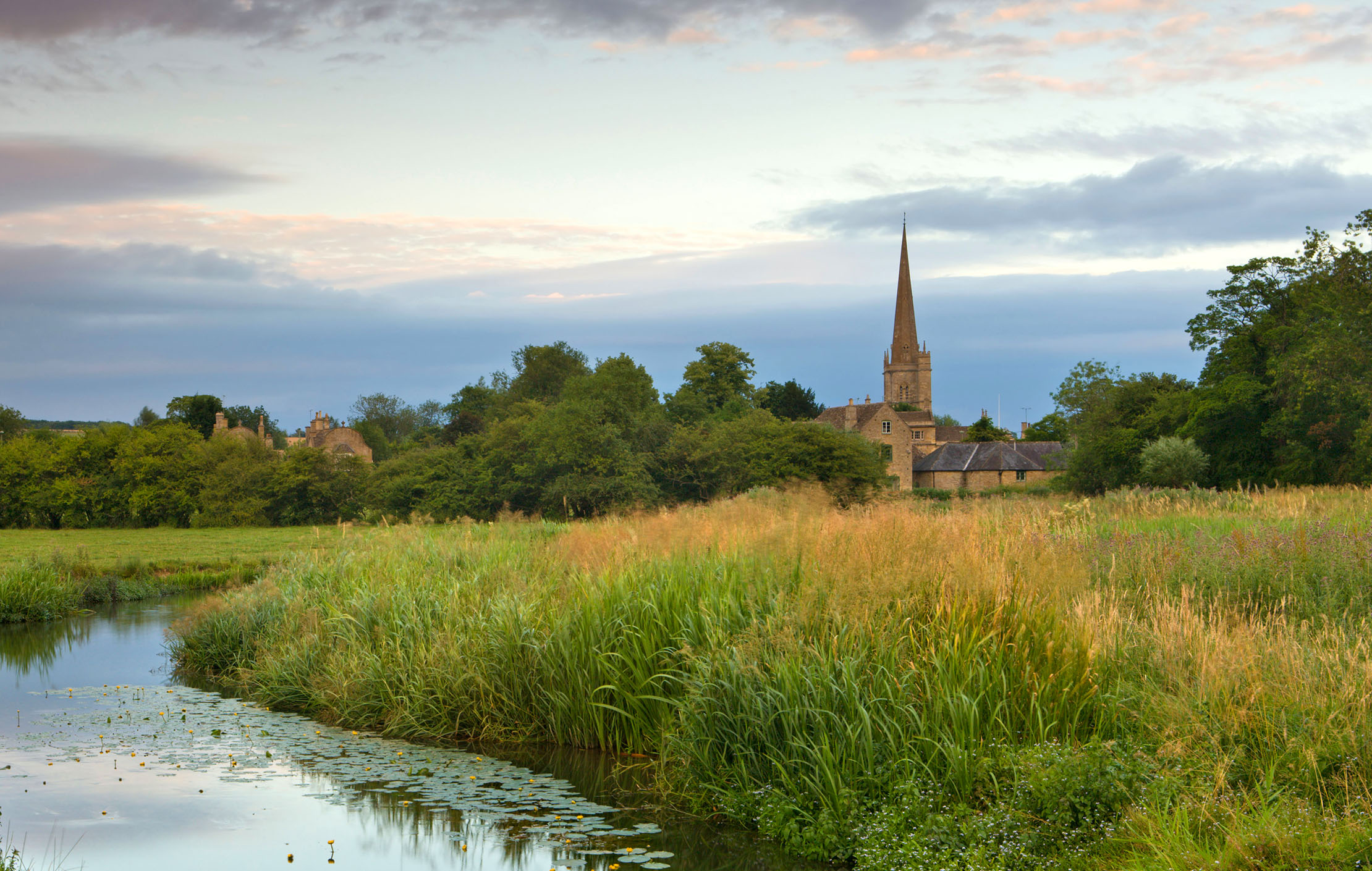
In their swagger days of pageantry and power, when the Ottoman Turks ruled from the deserts of Arabia to the suburbs of Vienna, they recruited into their ranks from the Christian heartlands of their empire. Every year or so, the tribute officer would set out from Istanbul to tour the Balkan highlands, going from one village to the next to select likely looking boys for the imperial service.
The boys, aged roughly between 10 and 15, were taken from their peasant families and marched off to Anatolia, to work on farms and learn Turkish. There were some exemptions: widows weren’t deprived of their only sons and the selectors avoided boys who had ever lived in towns, where their morals might have grown a little crooked.
Born Christian, the boys would convert to Islam by repeating the formula: ‘There is no God but God and Mohammed is his Prophet.’ From then on, the entire machinery of the Ottoman state was open to them, by their merits. They swelled the ranks of the Sultan’s infantry brigades, the infamous Janissaries, and furnished the palaces with gardeners and cooks.
The brightest and the best would enter the bureaucracy, so that a boy born a poor shepherd on a Balkan hillside might find himself acting one day as the Sultan’s Grand Vizier, a man cultivated and urbane, taking decisions that affected the course of history, the fate of nations and the lives of millions inside and without the empire’s far-flung borders.
In matters of faith, I follow the wise old Turks. Critics of the system pointed out that the process of conversion to Islam didn’t appear very deep or very sincere. The Turks believed otherwise, however. A boy’s devotion to the faith might be shallow at the outset, they agreed, but by dint of repetition and practice, true faith would invariably follow.
'I can’t tell you what it all means. I cannot pretend to understand.'
I cultivate my belief on the Ottoman principle. It was a Spanish Muslim, Ibn Khaldün, who said that, although it was always best to be a Muslim, as one might expect, Christianity or Judaism would do as well if Islam wasn’t the local thing. And that’s rather the case down here.
When our boys were small, we lived in a remote, downland hamlet distinguished only by its shepherd’s church of flint and tile. Neither Kate nor I were from churchy families, but, every month, we took advantage of the only entertainment available within easy walking distance.
Exquisite houses, the beauty of Nature, and how to get the most from your life, straight to your inbox.
We sat in a beautiful building, one so old that, in some countries, it would have been maintained as a national shrine. We sang and we were silent. We listened to the poetry of the King James Bible and mumbled the lines of Cranmer’s Book of Common Prayer. Best of all, probably, was that the children saw the grown-ups on their knees and saying sorry.
Over time, it began to sink in. I started to believe in the language and the litany. When I thought about the strength people have derived from their faith, I found I wanted to believe in the life of the world to come. People who do, I’ve noticed, face death with equanimity.
I’m working on the Creed. Some of it is still a stretch, such as virgin birth, and other parts I can wave through like a post-Brexit customs officer. One baptism for the remission of sins? No problem. Have two, if it would help.
I can’t tell you what it all means. I cannot pretend to understand. However, there is a baby and a mother at its heart and he is called the Prince of Peace. That’s a decent start, as the Turks might say.

Jason Goodwin: In memory of Norman Stone, my tutor, guide, world traveller — and friend
Jason Goodwin pays tribute to an old friend and mentor.
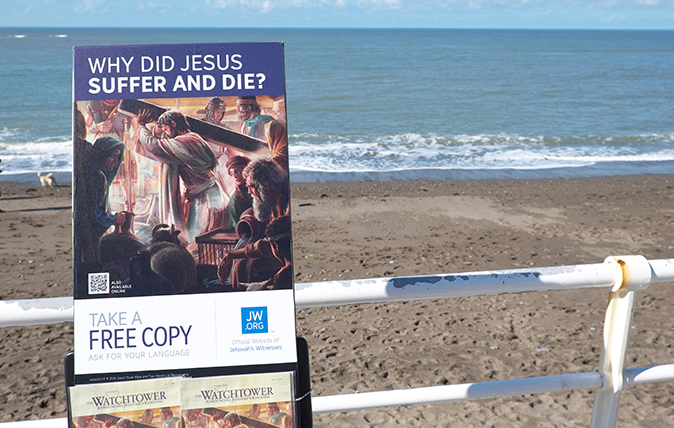
Jason Goodwin: Keeping up with the Jehovahs
'I don’t get into theological debate with them; I simply like to bask awhile in their radiant happiness'
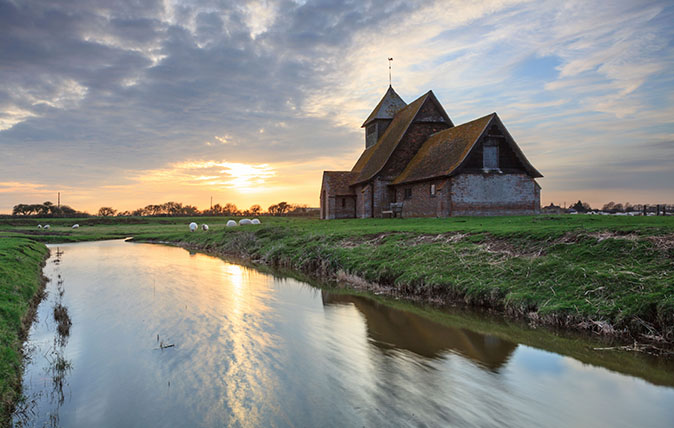
Jason Goodwin: 'On our watch, the natural glories of our island have been atrociously depleted'
Our columnist Jason Goodwin laments the staggering decline of British wildlife and the depletion of our island's natural glories.
-
 Who is older — Brad or Tom? Country Life Quiz of the Day picture special, September 10, 2025
Who is older — Brad or Tom? Country Life Quiz of the Day picture special, September 10, 2025Your face will be a picture after doing Wednesday's quiz.
-
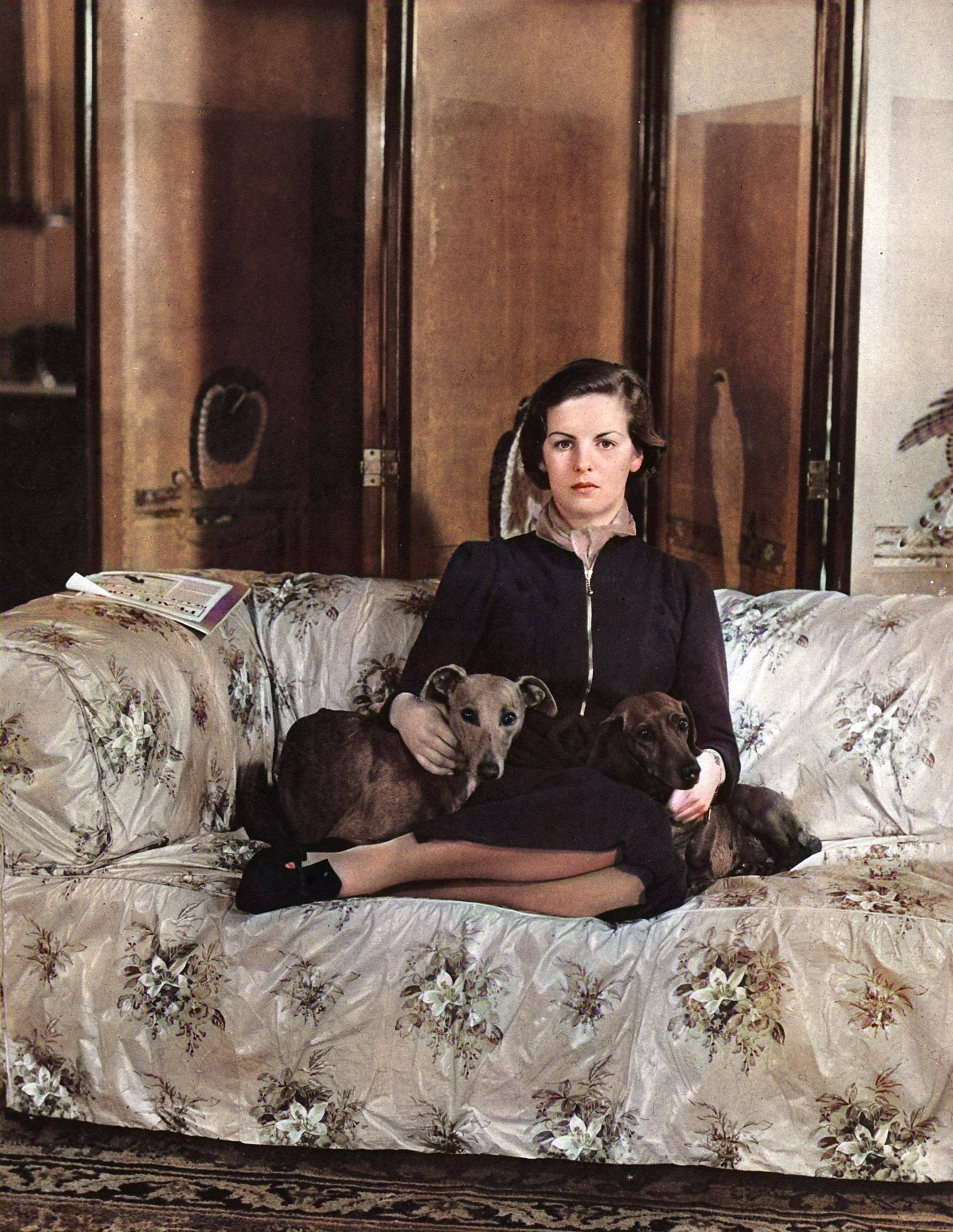 Debo Mitford on her childhood at Asthall Manor, from Nancy's 'coming out' dance to Unity's peach-pinching ways
Debo Mitford on her childhood at Asthall Manor, from Nancy's 'coming out' dance to Unity's peach-pinching waysThe late Dowager Duchess of Devonshire looks back on her childhood in the Cotswold idyll of Asthall Manor.
-
 Curious Questions: Did the Victorians pave the way for the first ULEZ cameras in the world?
Curious Questions: Did the Victorians pave the way for the first ULEZ cameras in the world?Martin Fone takes a look at the history of London's coalgates, and finds that the idea of taxing things as they enter the City of London is centuries old.
-
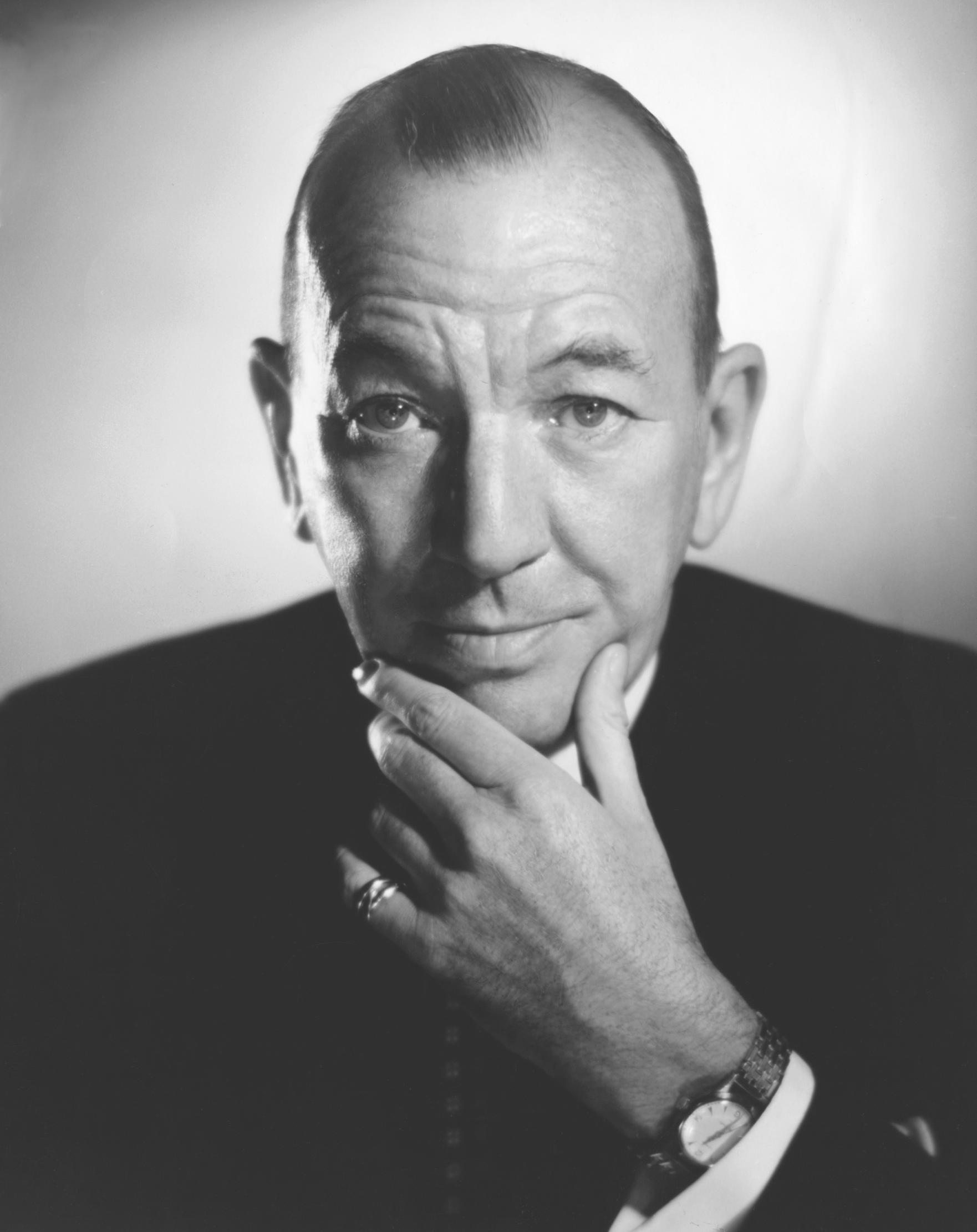 Curious Questions: What are the finest last words ever uttered?
Curious Questions: What are the finest last words ever uttered?Final words can be poignant, tragic, ironic, loving and, sometimes, hilarious. Annunciata Elwes examines this most bizarre form of public speaking.
-
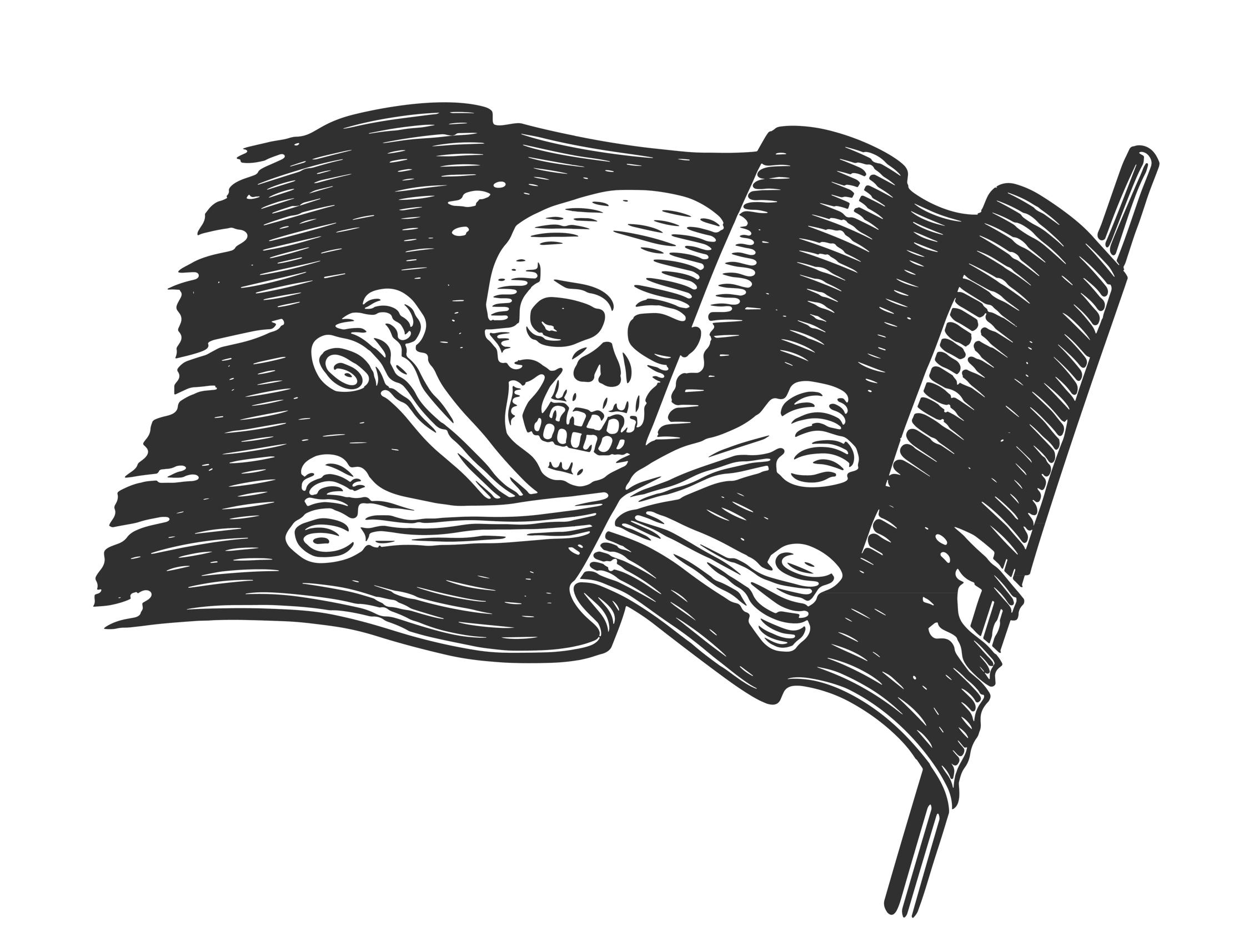 Curious Questions: Why do we still love pirate stories, 300 years on from Blackbeard?
Curious Questions: Why do we still love pirate stories, 300 years on from Blackbeard?Tales of swashbuckling pirates have entertained audiences for years, inspired by real-life British men and women, says Jack Watkins.
-
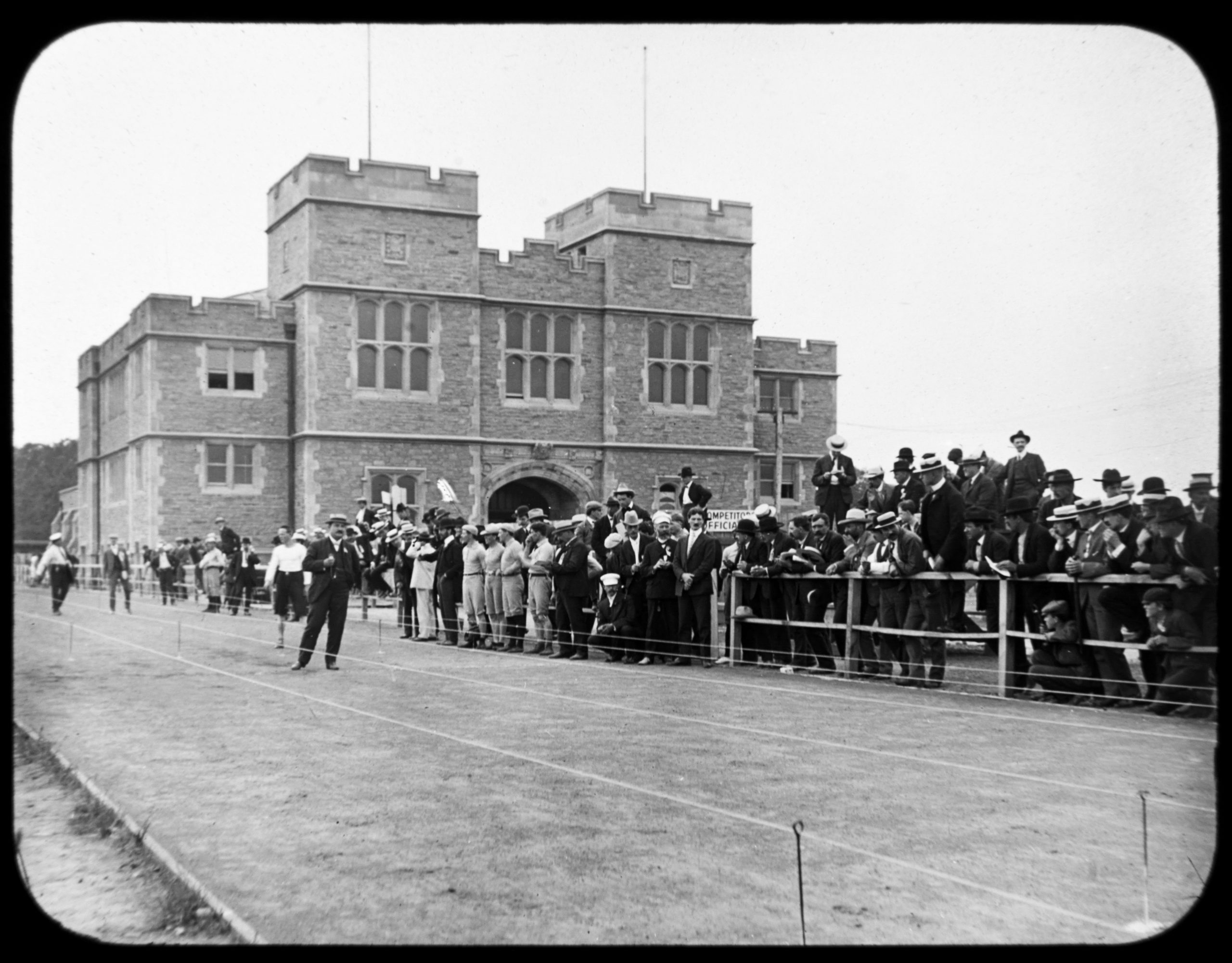 Curious Questions: Why is race walking an Olympic sport?
Curious Questions: Why is race walking an Olympic sport?The history of the Olympics is full of curious events which only come to prominence once every four years. Martin Fone takes a look at one of the oddest: race walking, or pedestrianism.
-
 Curious Questions: Where does the phrase 'daylight robbery' come from? It's literally about the theft of daylight
Curious Questions: Where does the phrase 'daylight robbery' come from? It's literally about the theft of daylightMartin Fone tells a tale of sunshine and tax — and where there is tax, there is tax avoidance... which in this case changed the face of Britain's growing cities.
-
 Curious Questions: Is there a way to win at rock, paper, scissors?
Curious Questions: Is there a way to win at rock, paper, scissors?A completely fair game of chance, or an opportunity for those with an edge in human psychology to gain an advantage? Martin Fone looks at the enduringly simple game of rock, paper, scissors.
-
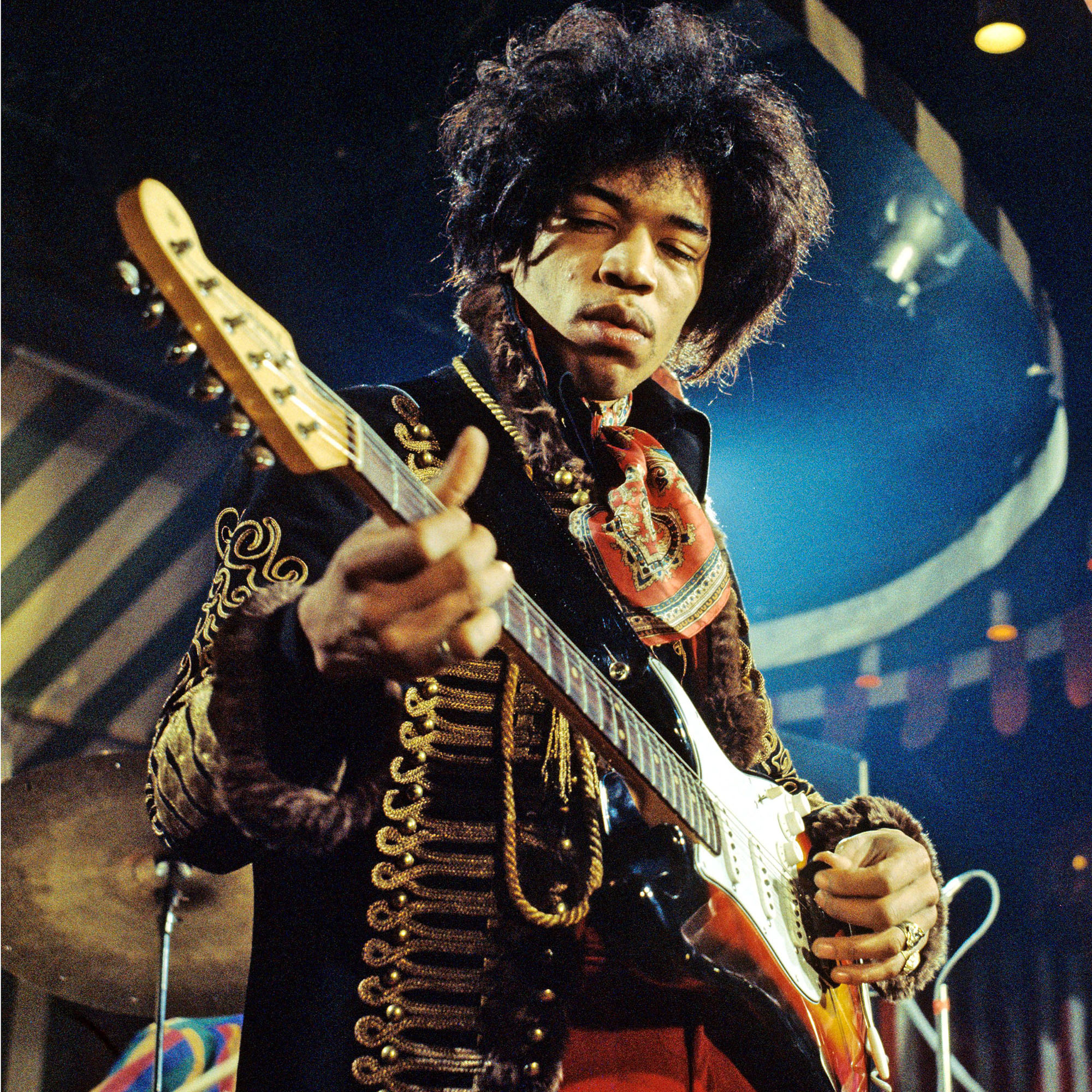 Curious Questions: Is being left-handed an advantage?
Curious Questions: Is being left-handed an advantage?In days gone by, left-handed children were made to write with the ‘correct’ hand — but these days we understand that being left-handed is no barrier to greatness. In fact, there are endless examples of history's greatest musicians, artists and statesmen being left-handed. So much so that you'll start to wonder if it's actually an advantage.
-
 Curious Questions: Why does our tax year start on April 6th?
Curious Questions: Why does our tax year start on April 6th?The tax-year calendar is not as arbitrary as it seems, with a history that dates back to the ancient Roman and is connected to major calendar reforms across Europe.